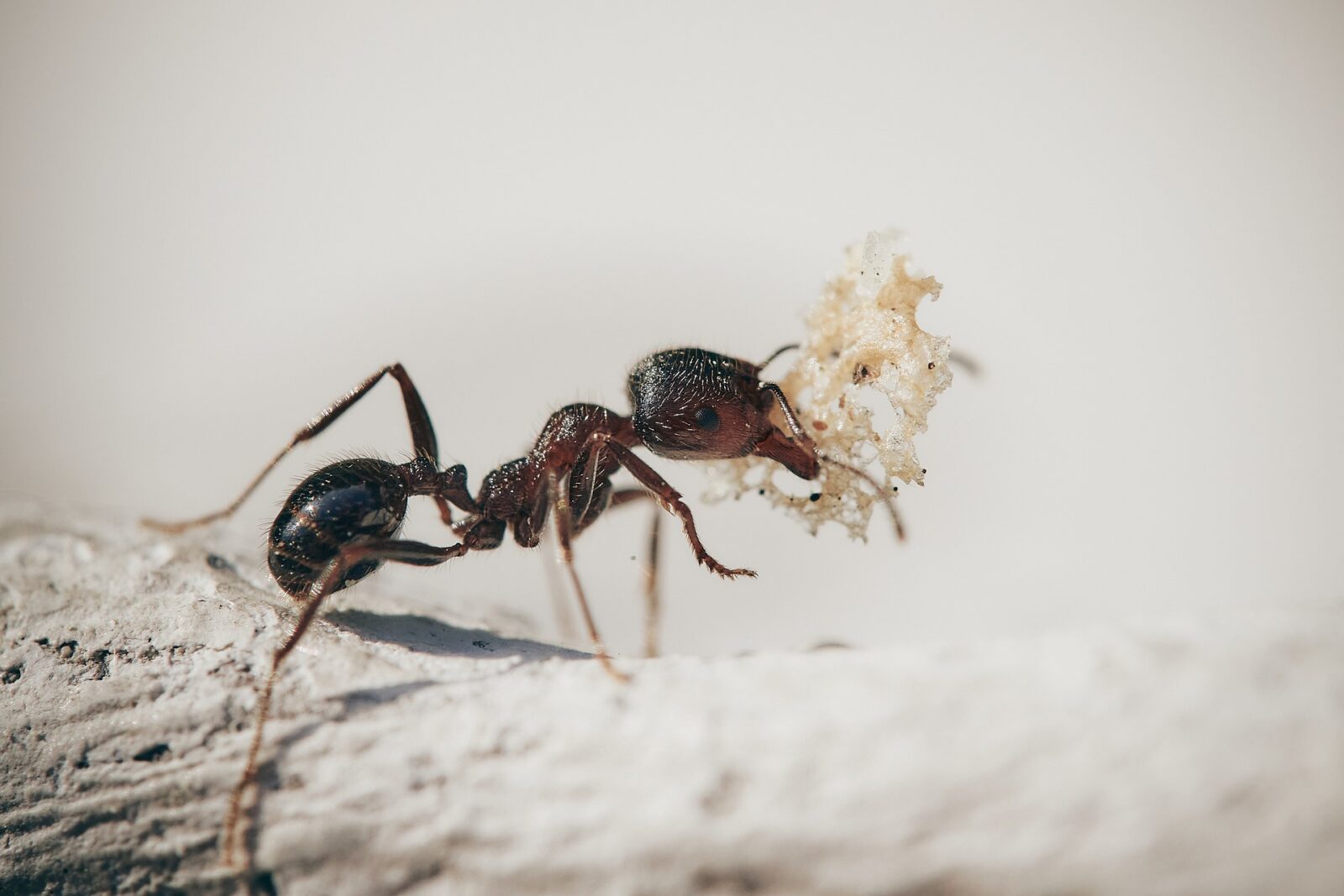In order to make gadgets smaller and smaller, engineers must create small yet extremely robust tools for the manufacture of devices. One group hopes to have designs inspired by nature itself by examining some of the strongest cutting instruments there exist – ant teeth.
Slimmer than a needle, the tiny teeth of ants can bite strong enough to slice down thick plants, causing no self-harm. This is because of the even arrangement of zin atoms in teeth that each time animals crush something, it allows an equitable split of pressure. Studies claim that this characteristic can be used in instruments developed by human beings one day.
Firstly, a tiny fragment of a sole ant incisor was separated by the scientists. These insects have two or even more teeth on their bent outer jaw. The authors next resorted to an atomic sample scanning approach, which accurately creates an image of how every atom is placed within an item. “Organic and inorganic chemists can actually work together to synthesize materials that are really strong, inspired by these kinds of materials,” explained one of the authors.
Whenever an ant bites, the pressure is distributed across its teeth by the equal distribution of zinc atoms. It shows why their powerful dental material really needs just approximately 10-20 percent zinc. The scientists believe that animals use around 60% or under of the strength, they need if their teeth are equivalent to our comparably weaker ones, which have many kinds of differences.
Researchers claim they won’t stop at ants. “We have already started looking at scorpion stings, for example, and the spider fang and many other kinds of miniature tools to understand the kind of small tool arsenals of insects,” explained study author Arun Devaraj, who is a research scientist at the United States Department of Energy’s Pacific Northwest National Laboratory.












Leave a Reply